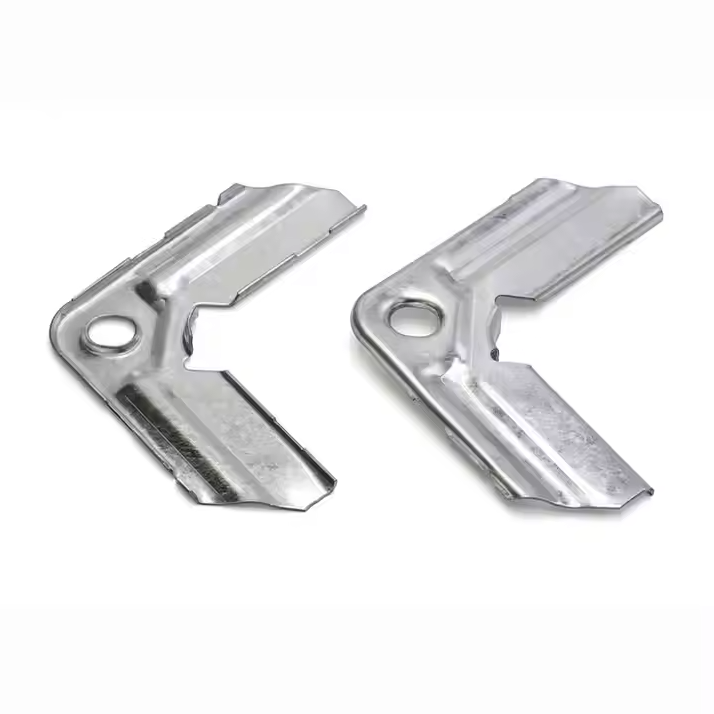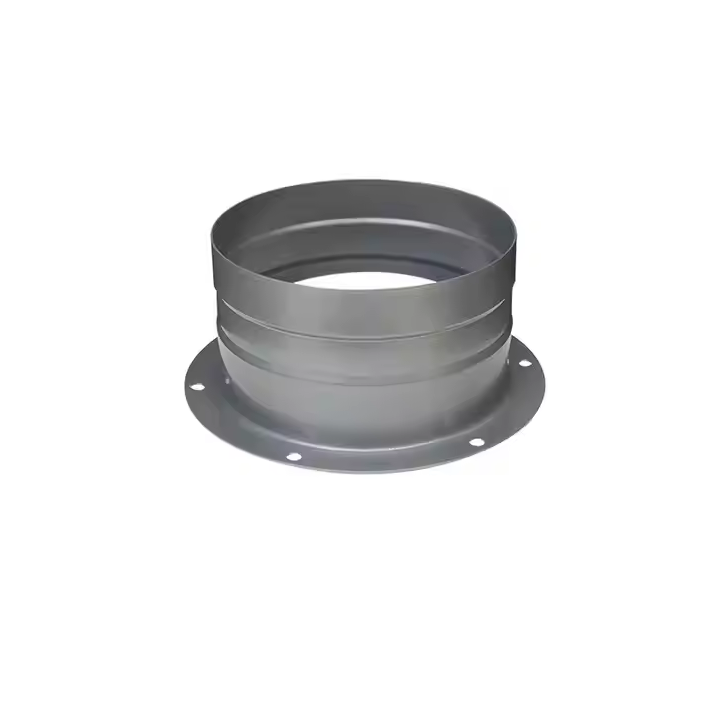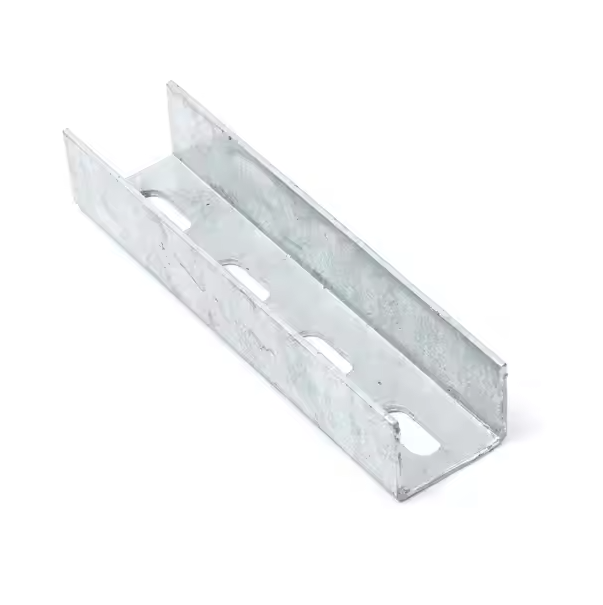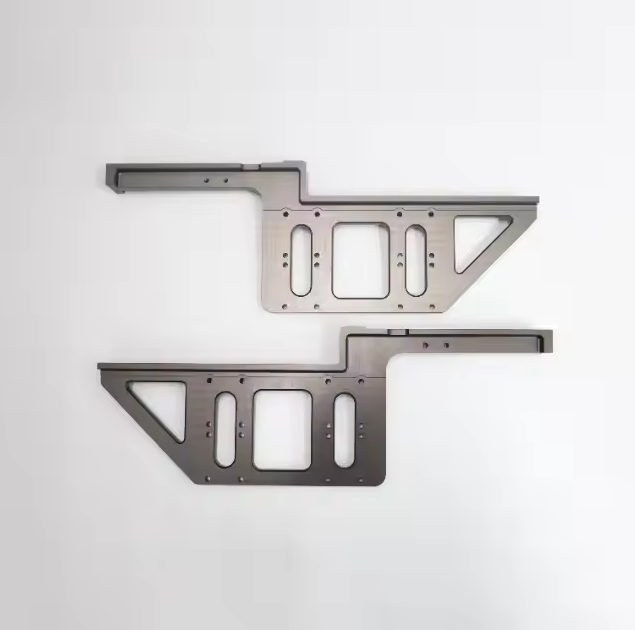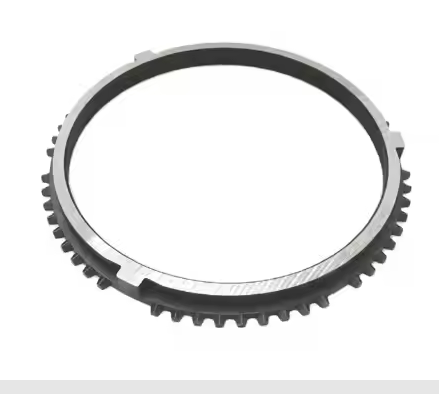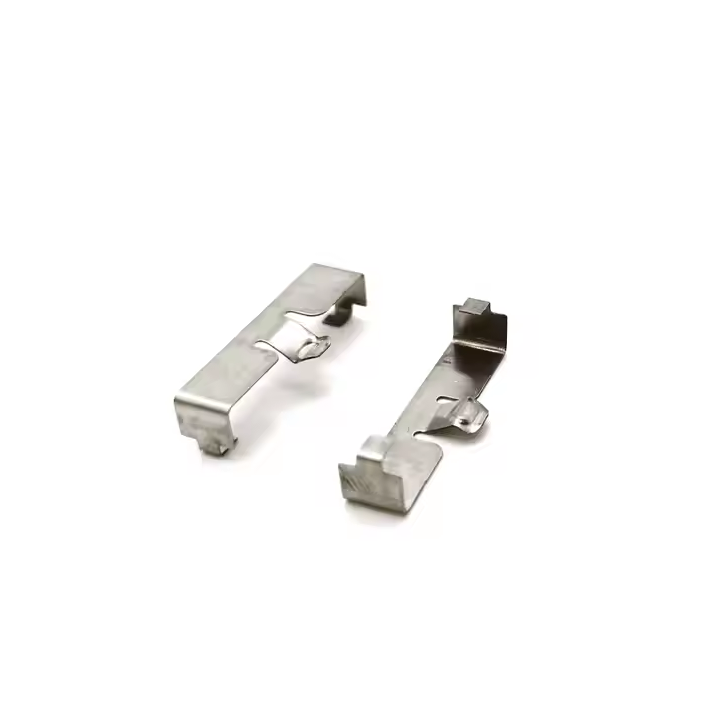Against the background of the global manufacturing industry's sudden changes in global manufacturing industry, constant change in the corporate world, market demand and fierce competitive technology and innovation challenges. The competitiveness of the various industries has been maintained throughout the environment, and the manufacturing industry has continued to improve its production flow and production efficiency. Therefore, in the industrial model of the enterprise, it is necessary to standardize the balance and balance between activities. During this period, the mechanical and mechanical vehicles and fixed mechanical vehicles and various industrial models have different and different operability.
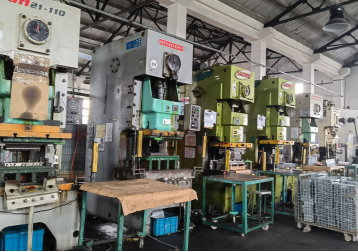
The concept of traditional and customized machine shops
1. Traditional machine shops
Traditional machine shops refer to manufacturing facilities based on standardized, large-scale production models. Such workshops usually use efficient and general equipment and process flows to achieve mass production of products through simulated production.
2. Customized machine shops
Customized machine shops refer to manufacturing workshops characterized by small batch and multi-variety production. They can be flexibly adjusted and customized according to the specific needs of customers or the market, and the equipment can be quickly configured and changed according to different production needs.
Characteristics of traditional machine shops
Standardized production
The production process is fixed, and the products produced are highly consistent and repeatable.
High efficiency and low cost
Due to the standardized production process, optimized workflow, high degree of automation, high production efficiency and low unit cost.
Use of automated equipment
Most traditional machine shops are equipped with automated equipment (such as CNC machine tools, stamping machines, etc.) for batch production.
Labor intensity
Standardized operations can reduce manual intervention and reduce labor intensity.
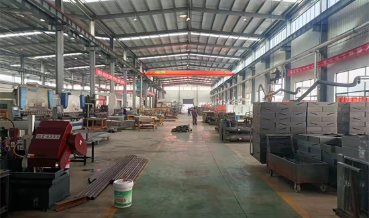
Features of Customized Machinery Workshop
Personalized Customized Production
Can be customized according to the specific needs of customers, with flexible and changeable processes.
Equipment Engineering
The equipment in the customized workshop is usually dedicated equipment, which can be adjusted and switched according to different products.
Flexible Production System
The process, equipment and production line are flexible and can be flexibly adjusted to meet different customized needs.
Weekly, small batches
Can respond quickly to market changes, stop production cycles, and accept small batch production.
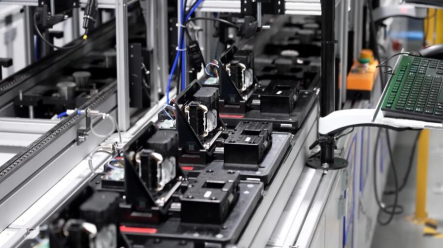
Differences between Traditional Machine Shops and Custom Machine Shops
Features/Dimensions | Traditional Machine Shops | Custom Machine Shops |
Product Model | Mass production, standardized processes and procedures. | Small batches, multiple varieties, flexible customized production. |
Product Content | Mainly produces standardized parts or products with high repeatability. | Produces personalized and customized products for specific customer needs. |
Equipment Type | Equipment is usually general-purpose and suitable for mass production. | Generally special-purpose, adapted to the dietary needs of customized equipment production. |
Production Process | odern production, fixed process flow, high degree of standardization. | Flexible production process, process can be adjusted according to demand. |
Process Complexity | Relatively simple, with the focus on improving production efficiency. | More complex processes, optimized for the needs of each customized product. |
Order Type | Large orders, long production cycle. | Mainly small batch or single-piece orders, short production cycle, flexible order quantity. |
Inventory Management | Large inventory of raw materials and finished products, high inventory pressure. | More flexible inventory management, usually just-in-time production according to customer needs. |
Application areas of traditional machine shops
Traditional machine shops are mainly suitable for industries with large-scale and standardized production, such as automobiles, aerospace, heavy machinery, etc., which rely on mass production to reduce costs and improve production efficiency.
1. Automobile manufacturing
Traditional machine shops are mainly used in automobile manufacturing to produce standardized large-volume parts, such as engine parts, body frames, chips, etc.
Typical companies: large automobile manufacturers such as Volkswagen and Toyota.
2. Aerospace industry
Traditional workshops are often used for standardized parts production, such as chassis frames and engine parts of aircraft.
Typical companies: aviation manufacturers such as Boeing and Airbus.
3. Electronic product production
Traditional machine shops can be used to produce standardized electronic parts, such as electronic housings, brackets, connectors, etc.
Typical companies: electronic product manufacturers such as Samsung and Apple.
4. Heavy machinery and engineering equipment
Traditional machine shops are suitable for manufacturing heavy machinery, engineering equipment and large structural parts (such as excavators, cranes, etc.).
Typical companies: heavy equipment manufacturers such as Caterpillar and Hyundai Heavy Industries.
5. Building and Structure
In the fields of building, bridge, steel structure, etc., traditional machine workshops are used to produce standardized steel structures, steel pipes, connectors and other parts.
Typical enterprises: China Construction Group, Baosteel and other steel and construction companies.
Application areas of custom machine shops
Custom machine shops focus on small batch production and high-precision customization needs, and are suitable for medical devices, aerospace, robotics manufacturing and other fields, and can provide personalized services according to the specific needs of customers.
1. Aerospace and military industry
Special custom machine shops are widely used in the aerospace field to produce customized parts with special requirements, such as spacecraft, satellite parts, military equipment, etc.
2. Medical devices
Custom machine suppliers widely evaluate the production of medical devices, including customized parts such as surgical instruments and diagnostic equipment.
3. Automobile customization
Custom machine shops can be used to produce customized parts for automobiles, such as high-performance engine parts, racing accessories, luxury car decorations, etc.
Enterprises: Ferrari, typical Lamborghini, Tesla, etc.
4. Crafts and art manufacturing
Special custom shops are also often used to produce exquisite crafts, decorations, jewelry, accessories, etc., and are often personalized Design and manufacturing according to customer needs.
Typical enterprises: jewelry wholesale stores, high-end furniture manufacturers, etc.
5. Power and Energy Industry
In industries such as energy and petrochemicals, customized mechanical workshops are used to produce equipment parts that are resistant to high temperatures or high pressures, such as body parts, pumps and valves.
Typical companies: GE, Schneider Electric, etc.
6. Industrial Automation and Robot Manufacturing
Featured customized workshops are used for robots and automation equipment parts for specific production applications, such as customized robotic arms, sensors, actuators, etc.
Typical companies: ABB, Kuka and other robot manufacturers.
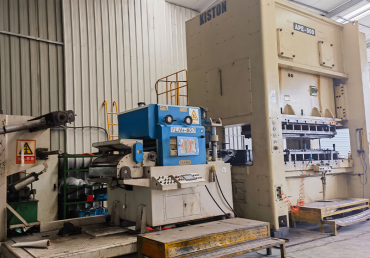
In short, traditional workshops and custom machine workshops have their own unique mechanical applicability and advantages under different market environments, production requirements and technical conditions. Understanding their differences, advantages and disadvantages and application areas can provide important theoretical references and practical guidance for the development of the manufacturing industry. Xuanmin has traditional and custom machine workshops. Choose the appropriate processing workshop according to product production. Contact us for cooperation!
